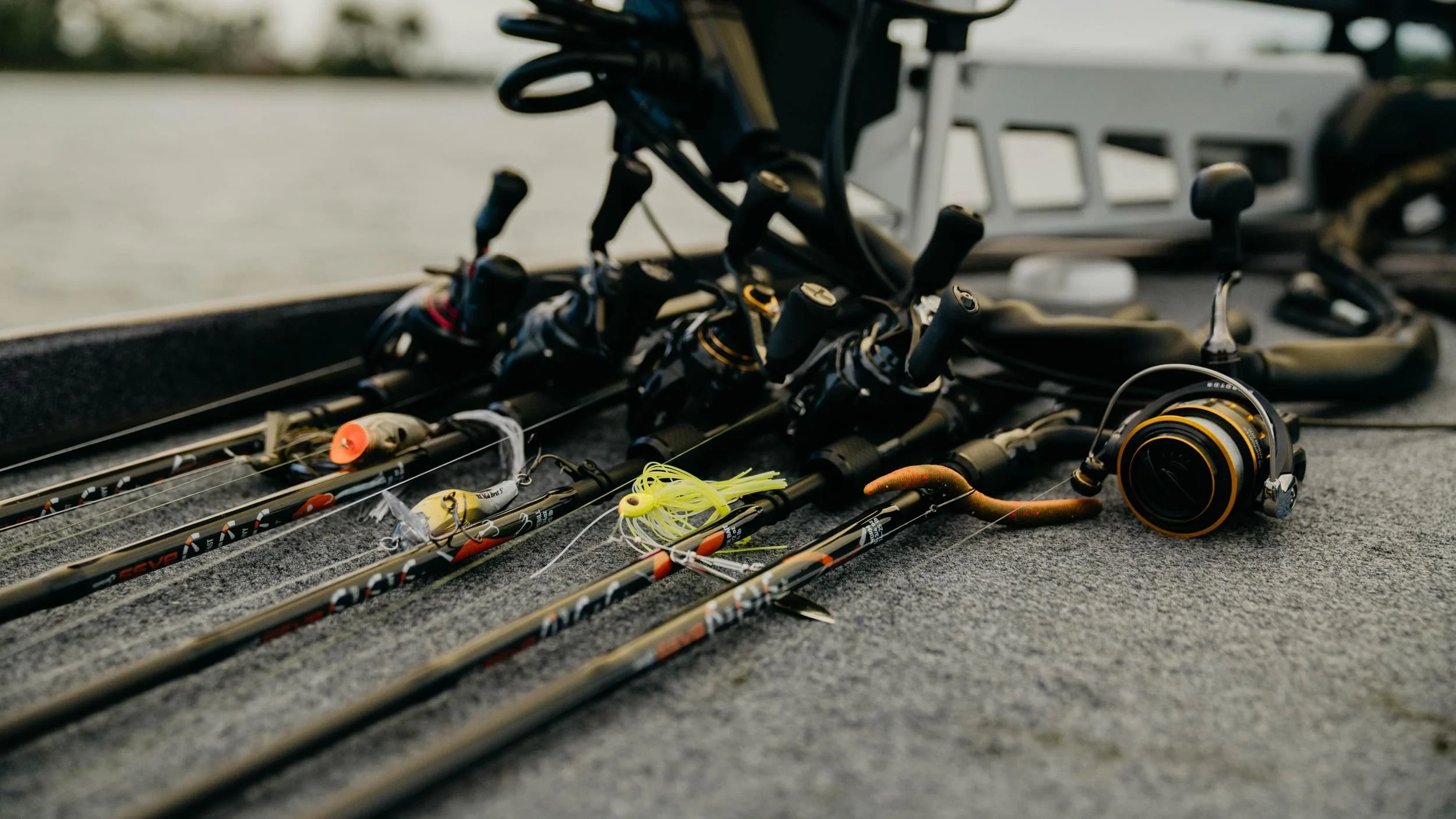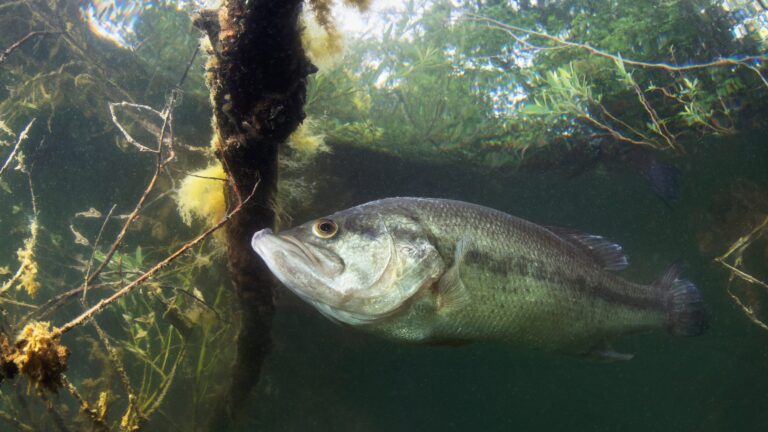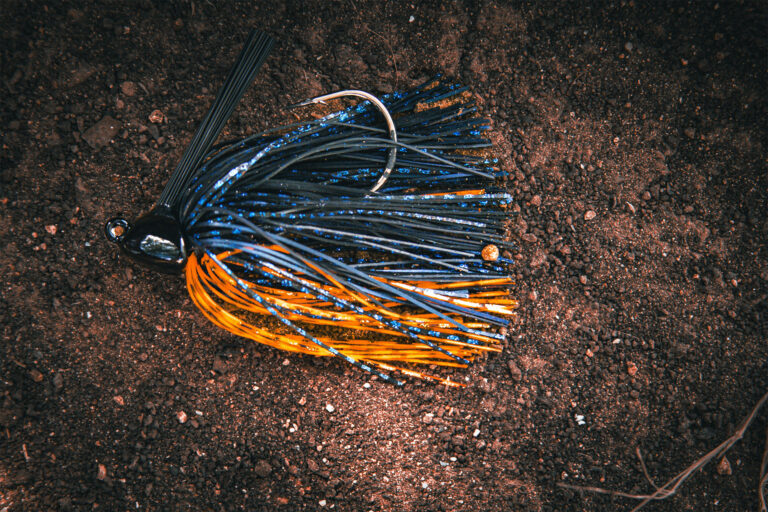Fishing for bass is an exhilarating experience, and having the right gear can make all the difference in your success on the water. Among the most important pieces of equipment for bass fishing is the fishing rod. With so many options available, choosing the right fishing rod can seem overwhelming, but with the right knowledge, it becomes a breeze. Here’s a guide to help you select the best fishing rod for bass.
1. Understand the Different Types of Bass Fishing Rods
There are various types of fishing rods designed specifically for bass fishing. The three primary types are spinning rods, baitcasting rods, and casting rods. Here’s a breakdown:
- Spinning Rods: Ideal for beginners, spinning rods are versatile and work well for lighter lures and smaller baits. They’re excellent for finesse fishing and casting in tight spots.
- Baitcasting Rods: Preferred by more experienced anglers, baitcasting rods offer better precision and control. They’re great for heavier lures and larger bass. While they may require more skill to use, they provide superior accuracy and power.
- Casting Rods: This category includes both baitcasting rods and conventional rods that are generally longer, allowing for greater casting distances.
2. Choose the Right Rod Length
The length of your rod depends on your fishing style and where you’re fishing. Generally, bass fishing rods range from 6 to 7 feet in length. Here’s a quick guide to help you choose the best length:
- Shorter Rods (6′ – 6’6″): Perfect for accuracy and casting in tight spaces, like under docks or in dense vegetation.
- Medium-Length Rods (6’6″ – 7′): Offers a good balance between casting distance and accuracy. These rods are versatile and great for most bass fishing situations.
- Longer Rods (7′ or more): Best for long-distance casting, especially when fishing from the shore or a boat.
3. Rod Power and Action
Understanding rod power and action is essential for choosing the right bass rod.
- Rod Power: This refers to the rod’s strength and its ability to handle the weight of the lure or fish. It is typically categorized as ultralight, light, medium, medium-heavy, heavy, or extra-heavy. For bass, medium to medium-heavy power is generally the best choice.
- Rod Action: This refers to how much the rod bends when pressure is applied. It can range from fast to slow action. A fast action rod bends only at the tip, while a slow action rod bends closer to the handle. For bass fishing, a fast to moderate action rod is ideal because it provides more sensitivity and quicker hook-setting ability.
4. Material of the Rod
Fishing rods are usually made from one of three materials: graphite, fiberglass, or composite (a mix of both).
- Graphite Rods: Lightweight and sensitive, graphite rods are great for detecting bites and providing a faster hook set. They’re ideal for finesse fishing and longer casting distances.
- Fiberglass Rods: More durable and flexible, fiberglass rods are perfect for heavy-duty applications, such as fishing larger bass or dealing with tough conditions.
- Composite Rods: Combining the benefits of both graphite and fiberglass, composite rods offer a good balance of sensitivity and durability.
5. Handle Material and Comfort
A comfortable handle is essential for long fishing sessions. Look for rods with handles made from EVA foam or cork, which provide a secure grip and comfort. The handle should also be long enough to give you control but not too long that it becomes cumbersome.
6. Choosing the Right Reel for Your Rod
While the rod is critical, pairing it with the right reel is equally important. A good rule of thumb is to match the reel type to the rod style. For example, use a spinning reel with a spinning rod and a baitcasting reel with a baitcasting rod. Make sure the reel is designed for bass fishing to ensure smooth line retrieval and durability.
7. Price and Brand Reputation
While you don’t necessarily need the most expensive rod to catch bass, investing in a high-quality rod from a reputable brand can make your fishing experience more enjoyable. Well-known brands like Shimano, St. Croix, and Abu Garcia offer rods that are designed specifically for bass fishing, ensuring reliability and durability.
Final Thoughts
Choosing the right fishing rod for bass requires considering your fishing style, the conditions you’ll be fishing in, and your level of experience. With the right rod, you’ll be able to cast farther, feel bites more clearly, and reel in more bass. Whether you’re a beginner or an experienced angler, having the right equipment can help you achieve greater success on the water.








